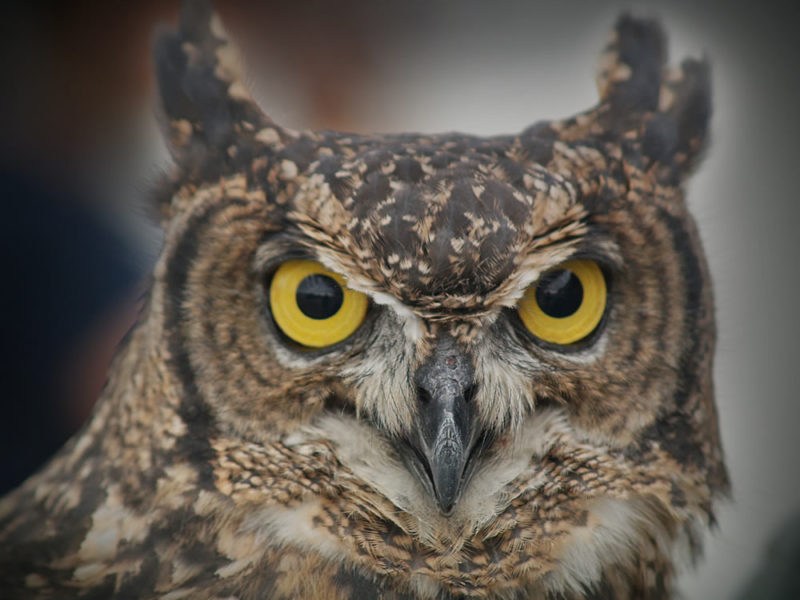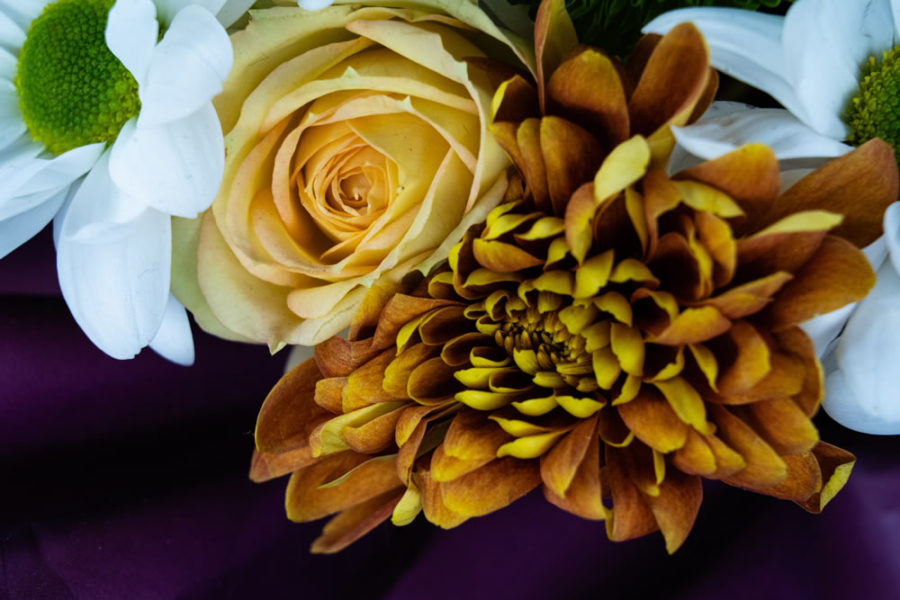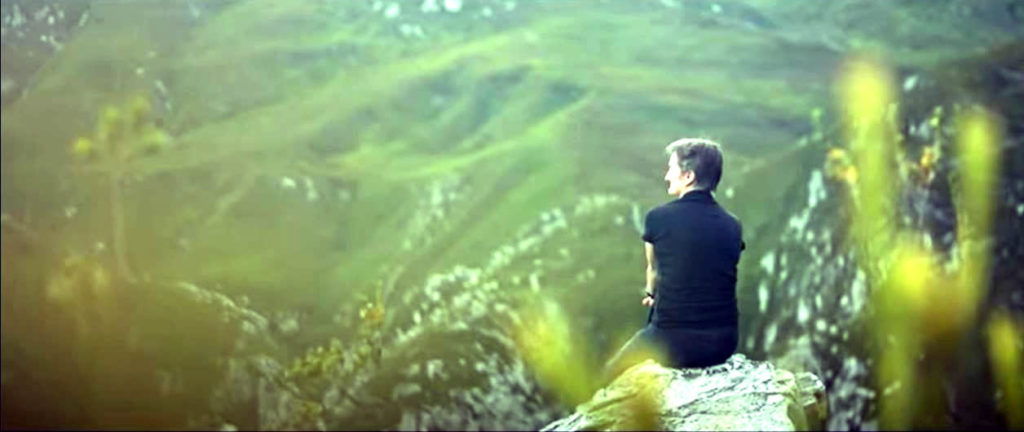Languishing?

Have you noticed the exchange “How are you?/I’m fine” has become more complicated?
People actually want to know when asking, and my answer isn’t the slam dunk it was prior-pandemic.
The other day someone again asked and I found myself stumbling around like a drunk for words. A person standing nearby said, “Well, the NYT has come up with a word for it. Languishing.”
I smiled and shook my head, but knew that wasn’t quite right.
Wisdom

I am posting David Brooks’ latest NYT column on wisdom.
In the column, Brooks quotes Montaigne: “you can be knowledgeable with another person’s knowledge, but you can’t be wise with another person’s wisdom. Reading something so obvious takes the wind out of me.
Wisdom Isn’t What You Think It Is
It’s more about listening than talking.
by David Brooks
Morrie Schwartz was a Brandeis sociology professor who died of A.L.S. in 1995. While he was dying, he had a couple of conversations with Ted Koppel on “Nightline” and a bunch with his former student Mitch Albom, who wrote a book, “Tuesdays With Morrie,” which sold over 15 million copies. For a few years, Schwartz was the national epitome of the wise person, the gentle mentor we all long for.
But when you look at Schwartz’s piercing insights … well, they’re not that special: “Accept what you are able to do and what you are not able to do.” Schwartz’s genius was the quality of attention he brought to life. We all know we’re supposed to live in the present and savor the fullness of each passing moment, but Schwartz actually did it — dancing with wild abandon before his diagnosis, being fully present with all those who made the pilgrimage to him after it.
Schwartz recruited Albom to share his quality of attention. He bathed his former student with unconditional positive regard, saw where Albom’s life was sliding into workaholism, and nudged him gently back to what he would value when facing his own death.
No One Can Protect You from Life…

“Life will break you. Nobody can protect you from that, and being alone won’t either, for solitude will also break you with its yearning. You have to love. You have to feel. It is the reason you are here on earth. You have to risk your heart. You are here to be swallowed up. And when it happens that you are broken, or betrayed, or left, or hurt, or death brushes too near, let yourself sit by an apple tree and listen to the apples falling all around you in heaps, wasting their sweetness. Tell yourself that you tasted as many as you could.”
― Louise Erdrich
What We Don’t Consider, What We Miss

The following is from David Whyte’s collection Consolations: The Solace, Nourishment and Underlying Meaning of Everyday Words. I highly recommend it.
CLOSE
is what we almost always are: close to happiness, close to another, close to leaving, close to tears, close to God, close to losing faith, close to being done, close to saying something, or close to success, and even, with the greatest sense of satisfaction, close to giving the whole thing up.
Kindness

Before you know what kindness really is
you must lose things,
feel the future dissolve in a moment
like salt in a weakened broth.
What you held in your hand,
what you counted and carefully saved,
all this must go so you know
how desolate the landscape can be
between the regions of kindness.
How you ride and ride
thinking the bus will never stop,
the passengers eating maize and chicken
will stare out the window forever.
Before you learn the tender gravity of kindness,
you must travel where the Indian in a white poncho
lies dead by the side of the road.
You must see how this could be you,
how he too was someone
who journeyed through the night with plans
and the simple breath that kept him alive.
Before you know kindness as the deepest thing inside,
you must know sorrow as the other deepest thing.
You must wake up with sorrow.
You must speak to it till your voice
catches the thread of all sorrows
and you see the size of the cloth.
Then it is only kindness that makes sense anymore,
only kindness that ties your shoes
and sends you out into the day to mail letters and purchase bread,
only kindness that raises its head
from the crowd of the world to say
It is I you have been looking for,
and then goes with you everywhere
like a shadow or a friend.
– Naomi Shihab Nye

